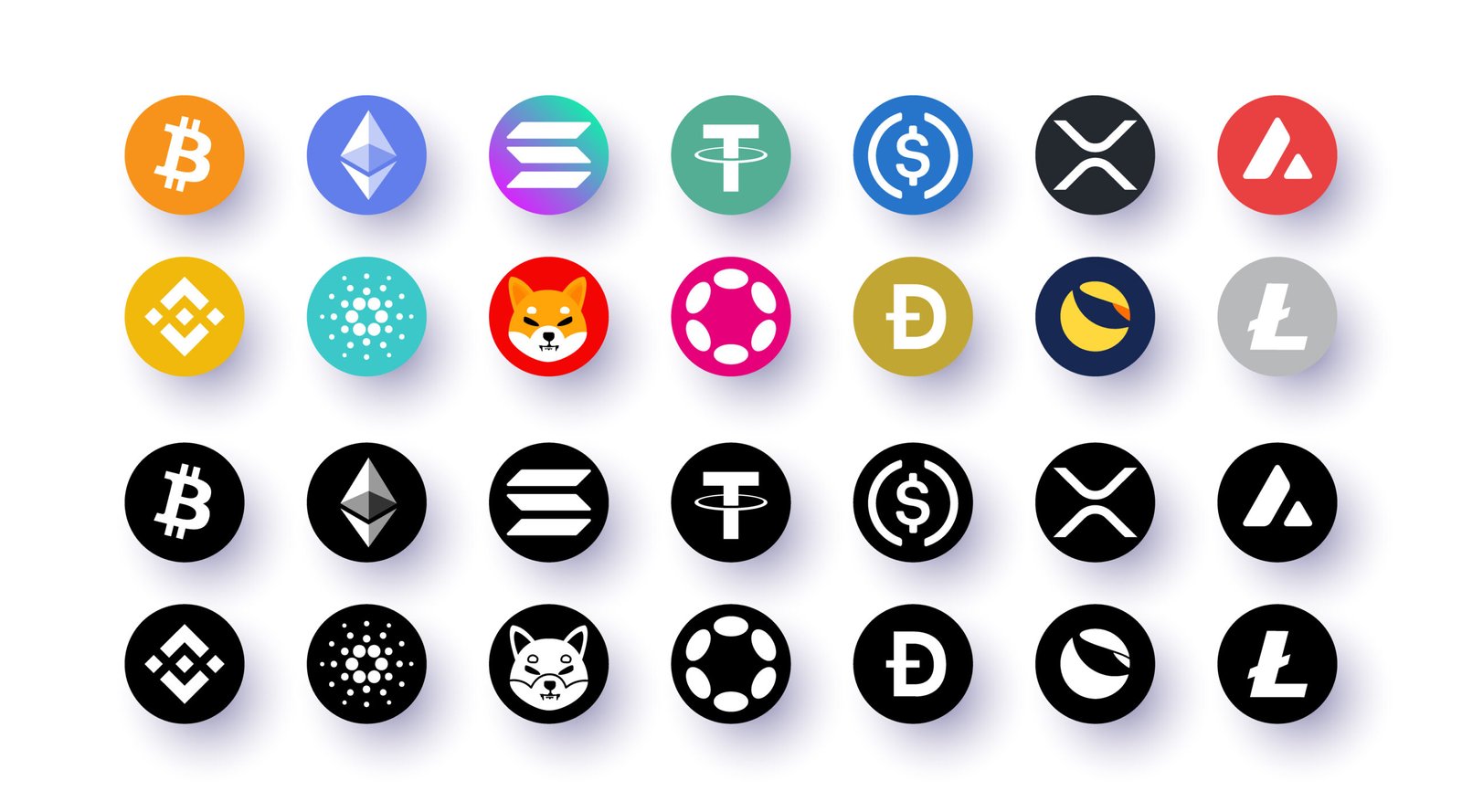Is Cryptocurrency Legal in India
Introduction
Cryptocurrency’s legal status in India has been a hot topic since Bitcoin’s rise. With frequent regulatory changes, many Indians wonder: Is crypto legal in India? This comprehensive guide explains India’s cryptocurrency regulations, taxation policies, banned activities, and future outlook.

Current Legal Status of Crypto in India 2025 Update
As of July 2024, cryptocurrency is not banned but unregulated in India. The government hasn’t declared it illegal but imposes strict tax rules. Key developments:
- No blanket ban on cryptocurrency trading/investing
- 30% crypto tax + 1% TDS implemented since 2022
- RBI restrictions lifted after Supreme Court ruling (2020)
- No legal tender status (can’t replace INR)
Timeline of Crypto Regulation in India
| Year | Key Event |
|---|---|
| 2013 | RBI first warns users about crypto risks |
| 2018 | RBI bans banks from crypto transactions |
| 2020 | Supreme Court overturns RBI banking ban |
| 2022 | 30% crypto tax + 1% TDS implemented |
| 2023 | Government pushes for global crypto framework |
| 2025 | No official ban but strict taxation continues |
How India Regulates Cryptocurrency
1. Taxation Policies
- 30% Tax on all crypto profits (no deductions allowed)
- 1% TDS on every transaction above ₹10,000
- Gifts in crypto are taxable for receiver
- No loss offset allowed against other income
2. Legal Restrictions
✅ Allowed Activities
- Buying/selling on exchanges
- Crypto investments
- NFT trading
- Mining (with proper tax reporting)
❌ Banned Activities
- Making crypto payments (violates RBI rules)
- Using crypto for illegal activities
- Avoiding crypto taxes (penalties apply)
3. Banking Access
After Supreme Court’s 2020 order:
- Banks can’t deny services to crypto traders
- UPI payments allowed on some exchanges
- Many banks still hesitant due to RBI’s cautious stance
Where Can Indians Buy Crypto Legally?
Popular legal crypto exchanges in India:
- WazirX (Binance-owned, INR deposits)
- CoinDCX (Supports 500+ coins)
- ZebPay (Oldest Indian exchange)
- Bitbns (Low trading fees)
- Giottus (Good for altcoins)
RBI’s Digital Rupee vs Cryptocurrency
The Reserve Bank launched its CBDC (Digital Rupee) in 2022:
| Feature | Digital Rupee | Cryptocurrency |
|---|---|---|
| Issuer | Reserve Bank of India | Decentralized |
| Value | 1 Digital ₹ = 1 Paper ₹ | Volatile |
| Technology | Blockchain-based | Various blockchains |
| Purpose | Digital payments | Investment/Web3 |
Future of Crypto in India
Possible developments:
- Stricter regulations coming (govt. drafting bill)
- Potential licensing for exchanges
- More clarity on DeFi/NFT rules
- Global coordination on crypto policies
Safety Tips for Indian Crypto Users
- Use only registered exchanges (check FIU compliance)
- File taxes properly (CA consultation recommended)
- Avoid P2P scams (verify counterparties)
- Store crypto securely (hardware wallets best)
- Beware of Ponzi schemes (no guaranteed returns)
FAQs: Crypto Legality in India
Q1. Can I go to jail for trading crypto in India?
No, trading isn’t illegal but tax evasion can lead to penalties.
Q2. Should I show crypto in ITR?
Yes, mandatory for transactions above ₹10,000.
Q3. Is Binance banned in India?
Not banned but blocked from Apple/Play Store in 2024.
Q4. Can I receive salary in crypto?
Not legally – RBI prohibits crypto as payment method.
Conclusion
While cryptocurrency remains in a legal gray area in India, trading and investing are currently permitted with heavy taxation. The government appears focused on regulation rather than prohibition. Indian crypto users should:
- Pay all taxes properly
- Use compliant exchanges
- Stay updated on new regulations
- Avoid using crypto for payments
The future may bring clearer laws as India balances innovation with financial stability in the crypto space.








